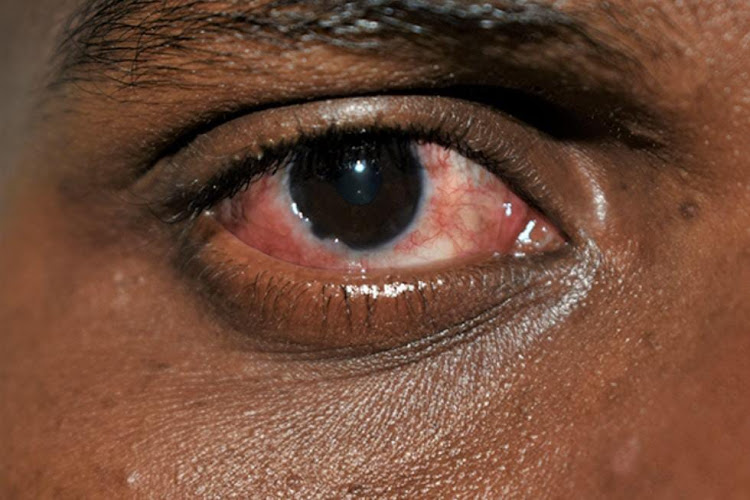You are here: Home | Health | National News | News | Health Ministry issues high alert over outbreak of Red Eye disease

Getty Image
The National Ministry of Health has issued a high alert over the outbreak of red eye disease known as conjunctivitis in the country.
In a statement sent to Eye Radio on Monday, 22/04/2024, the health ministry said “As of 16th April 2024, a total of 382 suspected cases were screened and managed in the border town of Nimule.
The ministry also confirmed reported cases of the disease outbreak in Juba.
The outbreak, according to the Ministry, started in Nimule Payam of Magwi County where it was first detected among travellers from Uganda
To contain the disease, surveillance has been heightened at the Nimule major point of entry to identify suspected cases, collect samples to confirm the causative agent and manage suspected cases at the nearest health facilities.
The Ministry of Health says “with support from partners and in close collaboration with State Ministries of Health and County Health Departments has initiated several measures including promoting personal hygiene and water, sanitation and hygiene activities in Nimule.”
It is also strengthening surveillance, managing and treating affected individuals while sensitizing the public about the disease and prevention measures.
The ministry added that healthcare workers are being oriented on how to investigate and respond to cases of red eye disease.
Caused by various factors including viral and bacterial infections, seasonal allergies, and reactions to eye medications, Conjunctivitis is “characterized by inflammation of the eye mucous membrane that covers the white part of the eyeball and lines the eyelids.”
It is highly contagious and can be spread from person to person through direct contact, sharing of personal items such as towels or pillowcases, facial contact, or sharing of eye drops or eyeglasses.
The symptoms include redness in the white of the eye or inner eyelid, increased tears, thick yellow discharge over the eyelashes, itching, blurred vision, and sensitivity to light.
The infection period is within the first 10 to 12 days but the disease can last up to three weeks.
The Ministry of Health “urged the public to adhere to high sanitation standards including frequent washing of hands with clean water and soap and avoiding contact with infected individuals.”
It also advised the public to refrain from sharing items with infected persons such as pillows, washcloths, towels, eye drops, or eyeglasses.
The Ministry cites schools, universities, prisons, and IDP/Refugee camps as the more at-risk populations and urged for vigilance.
It encouraged the public to report all suspected cases to the national outbreak hotline 6666 or the nearest health facility.
Support Eye Radio, the first independent radio broadcaster of news, information & entertainment in South Sudan.
Make a monthly or a one off contribution.
Copyright 2024. All rights reserved. Eye Radio is a product of Eye Media Limited.